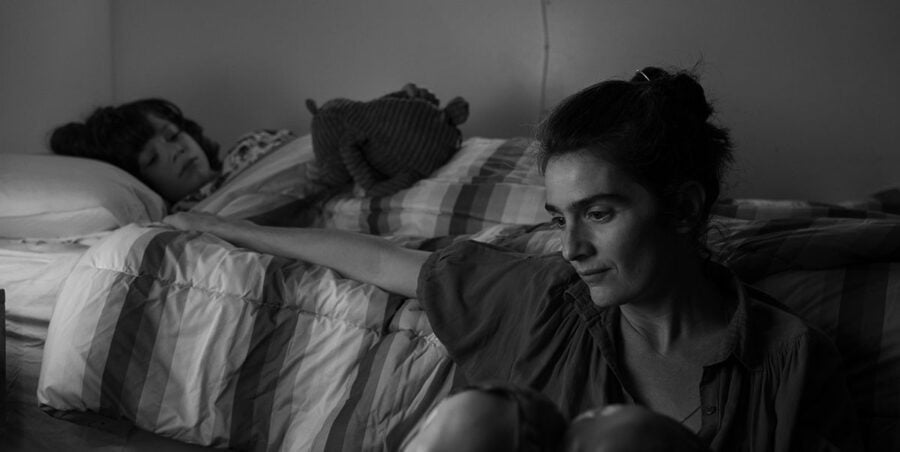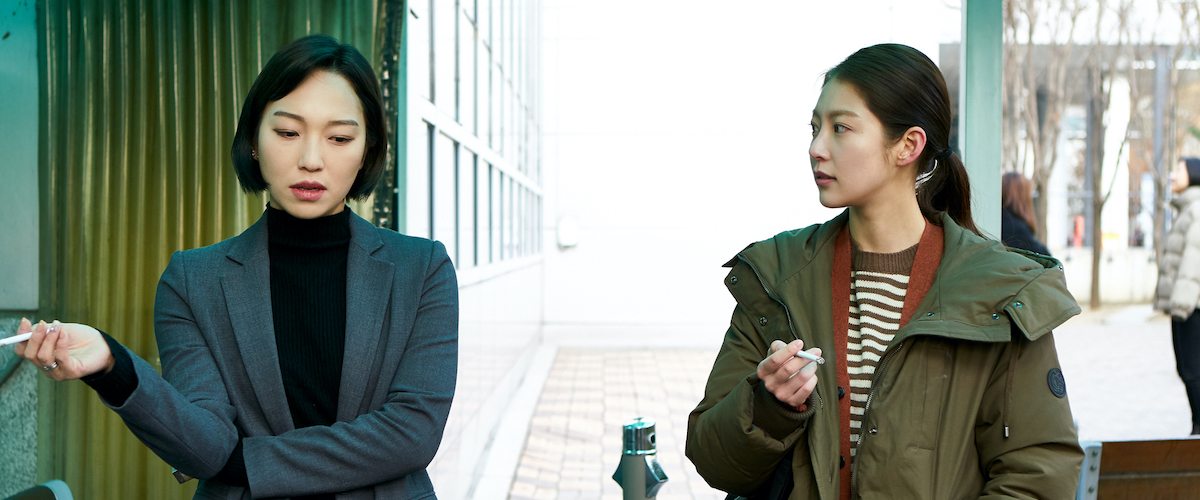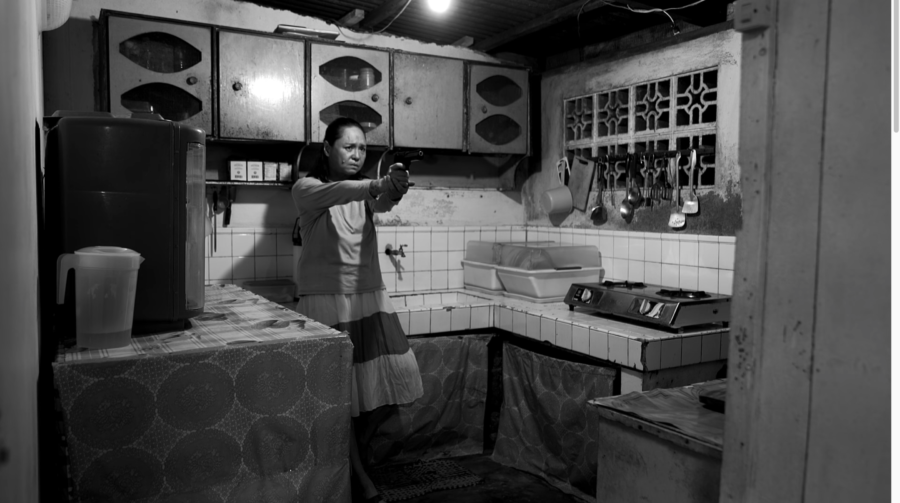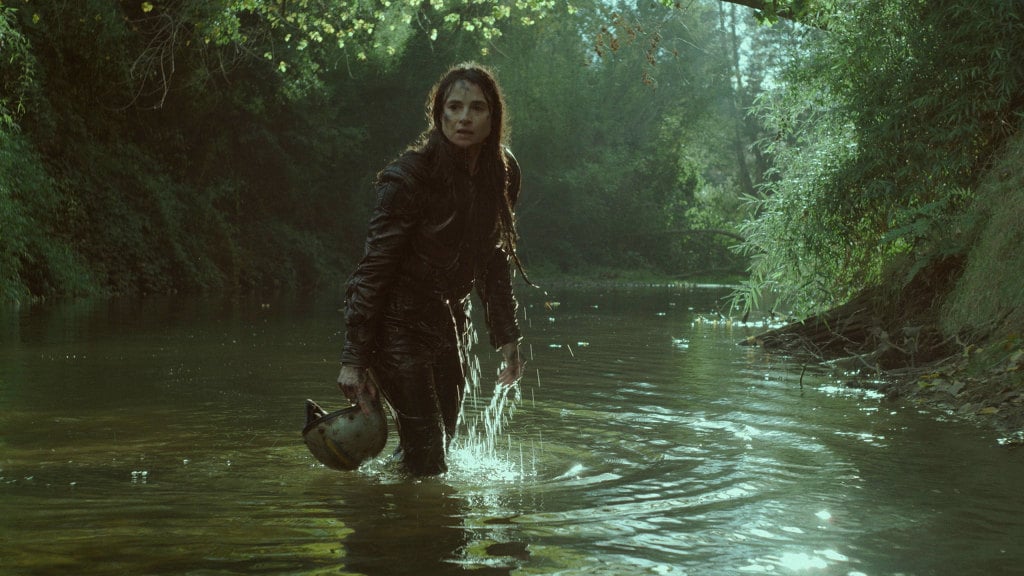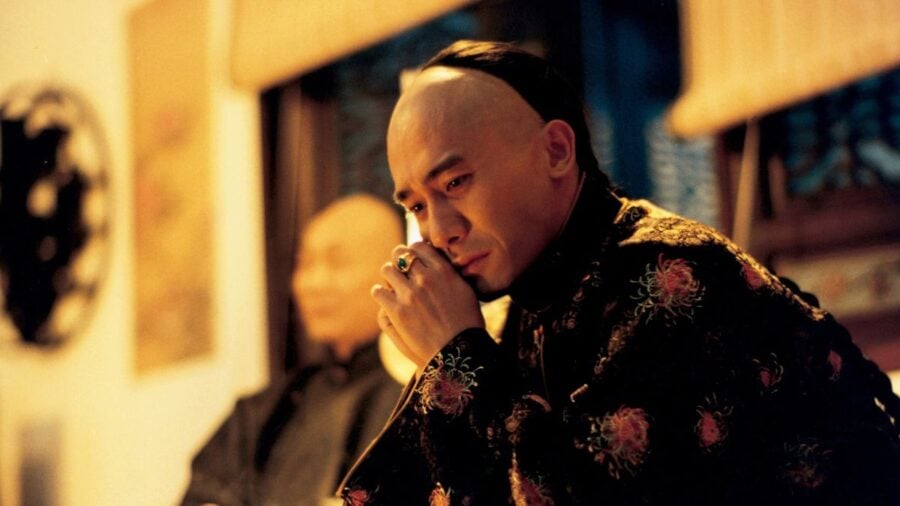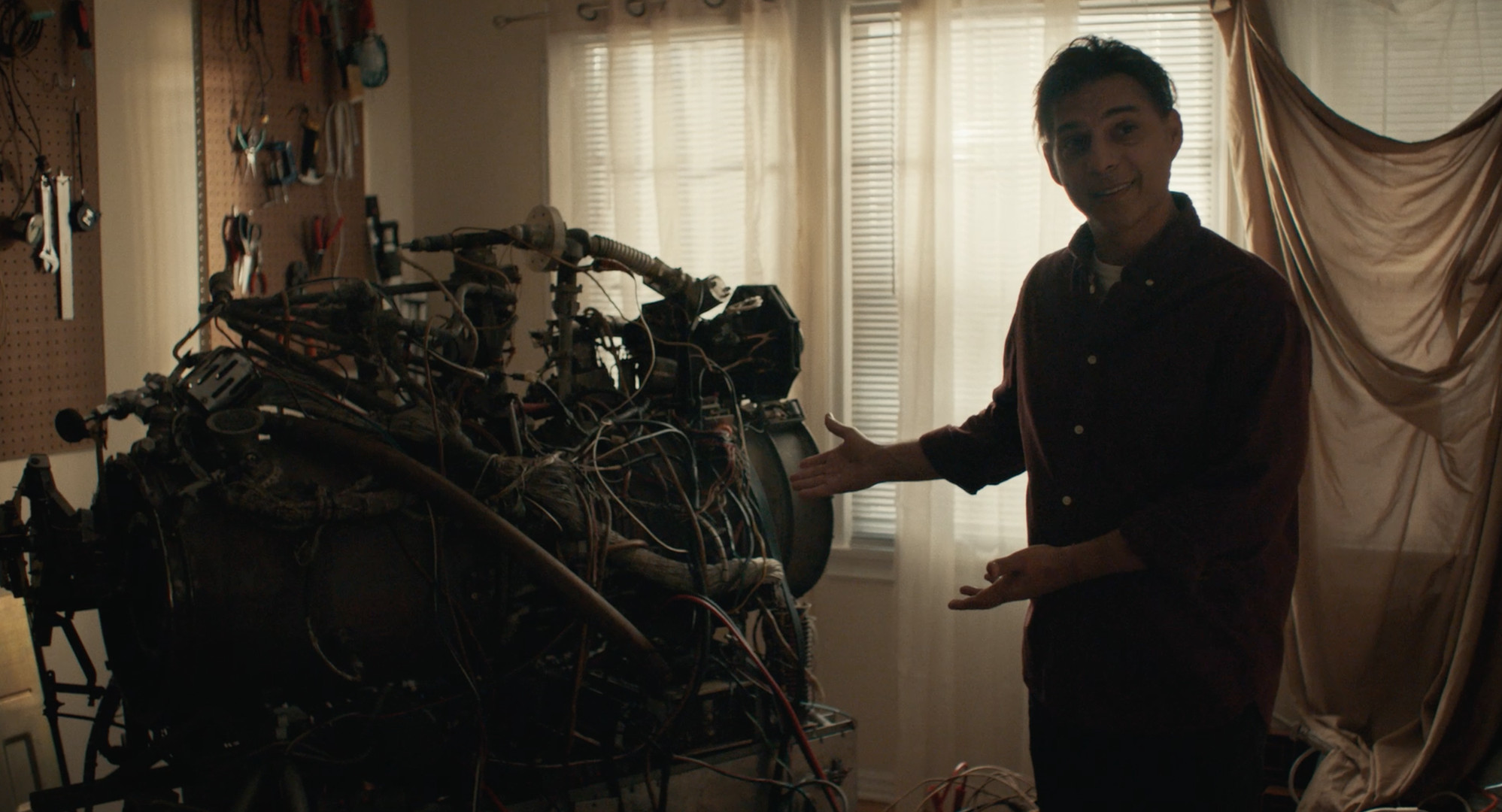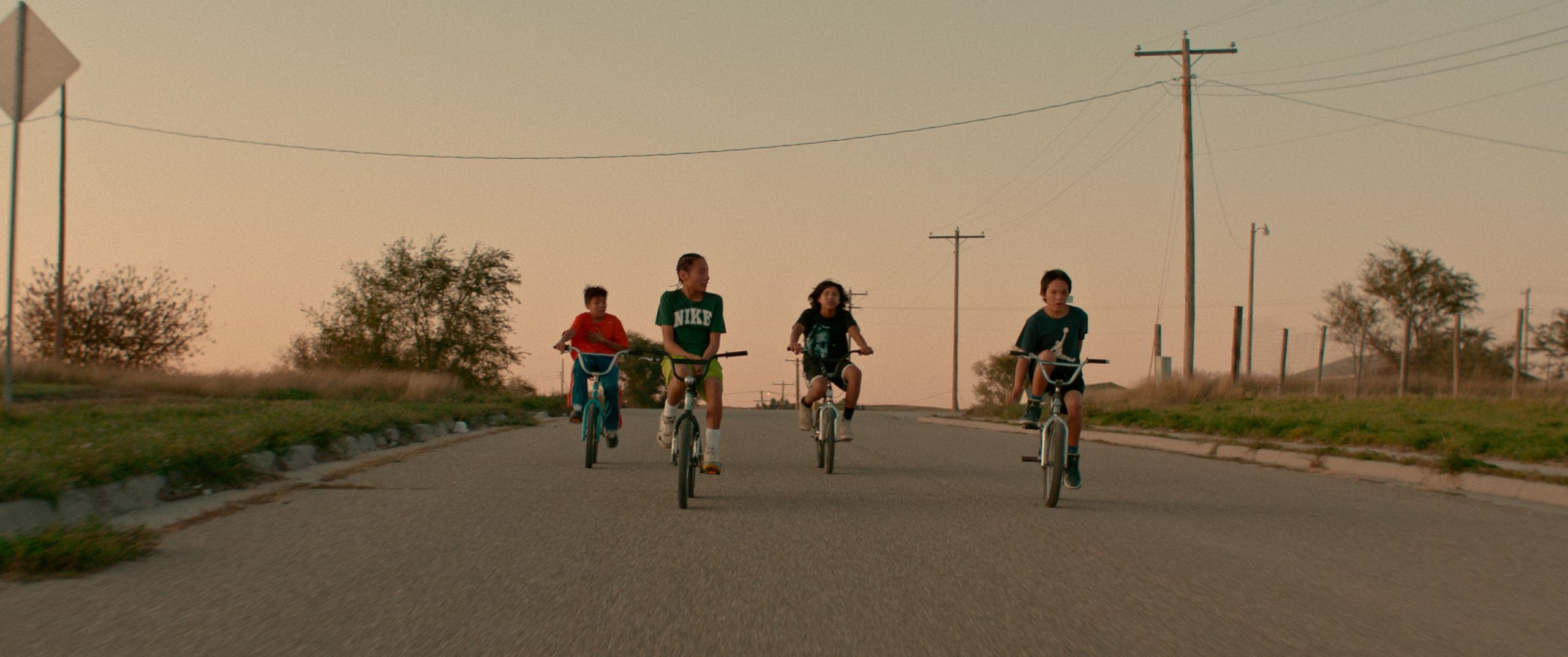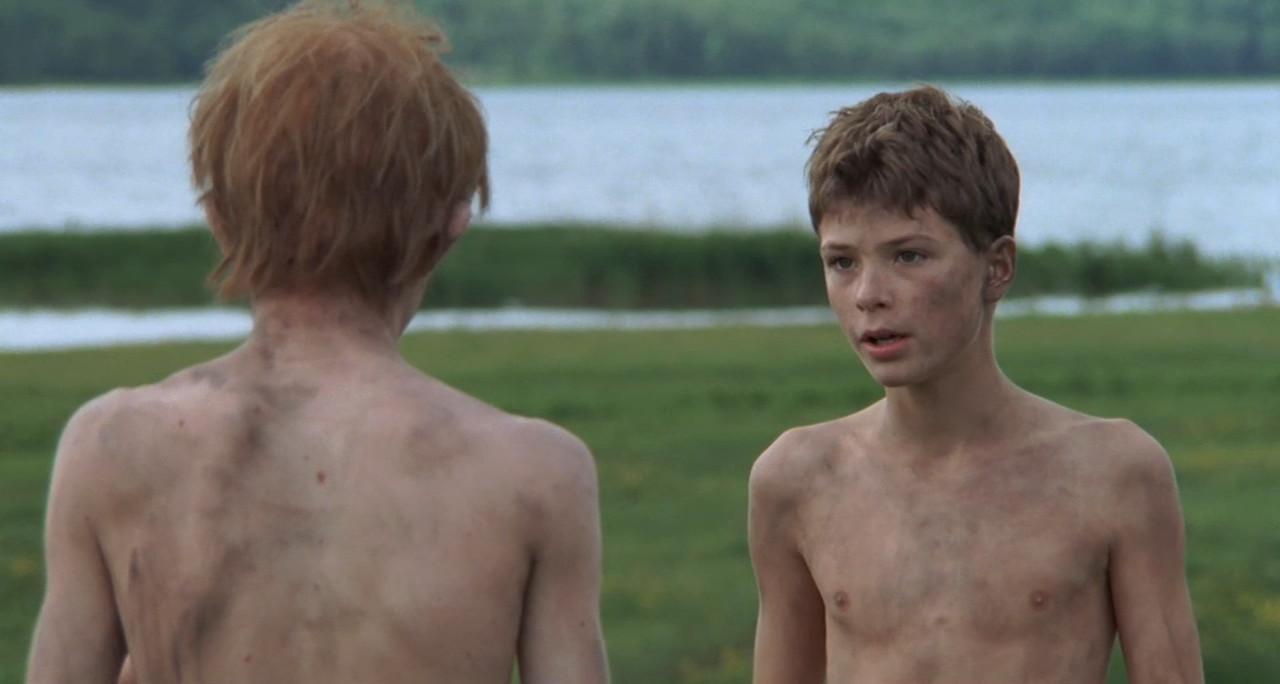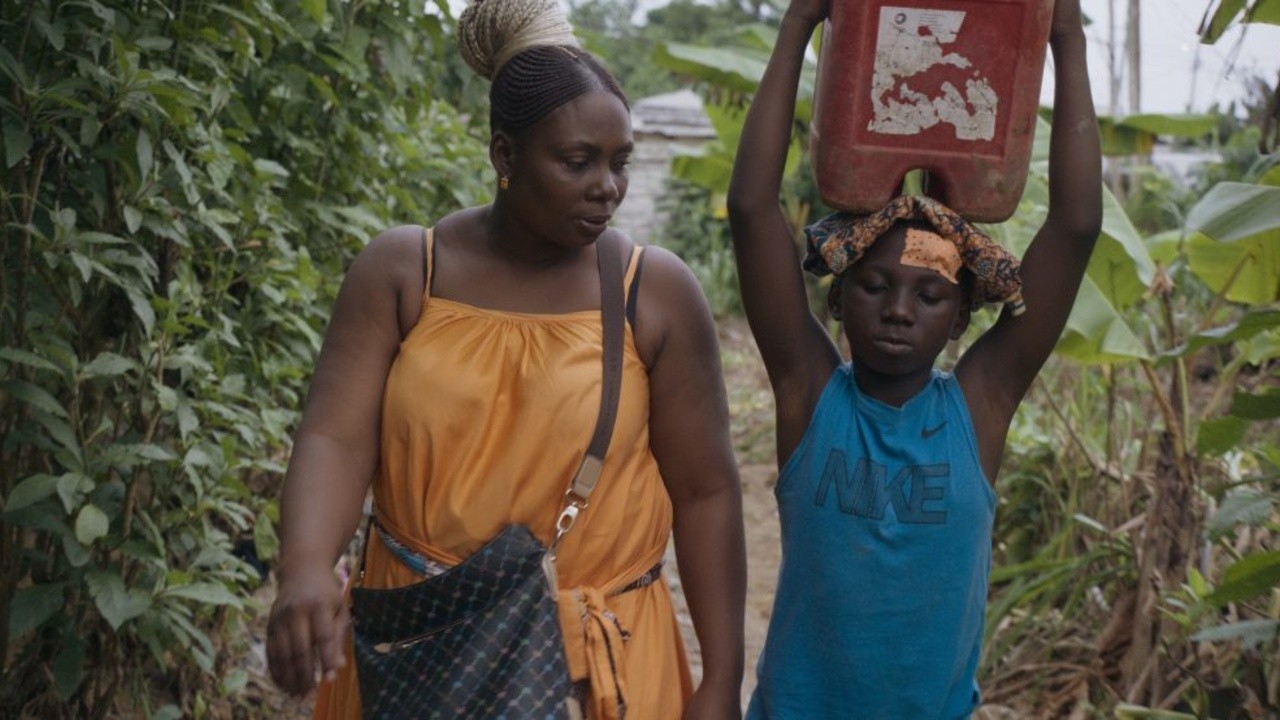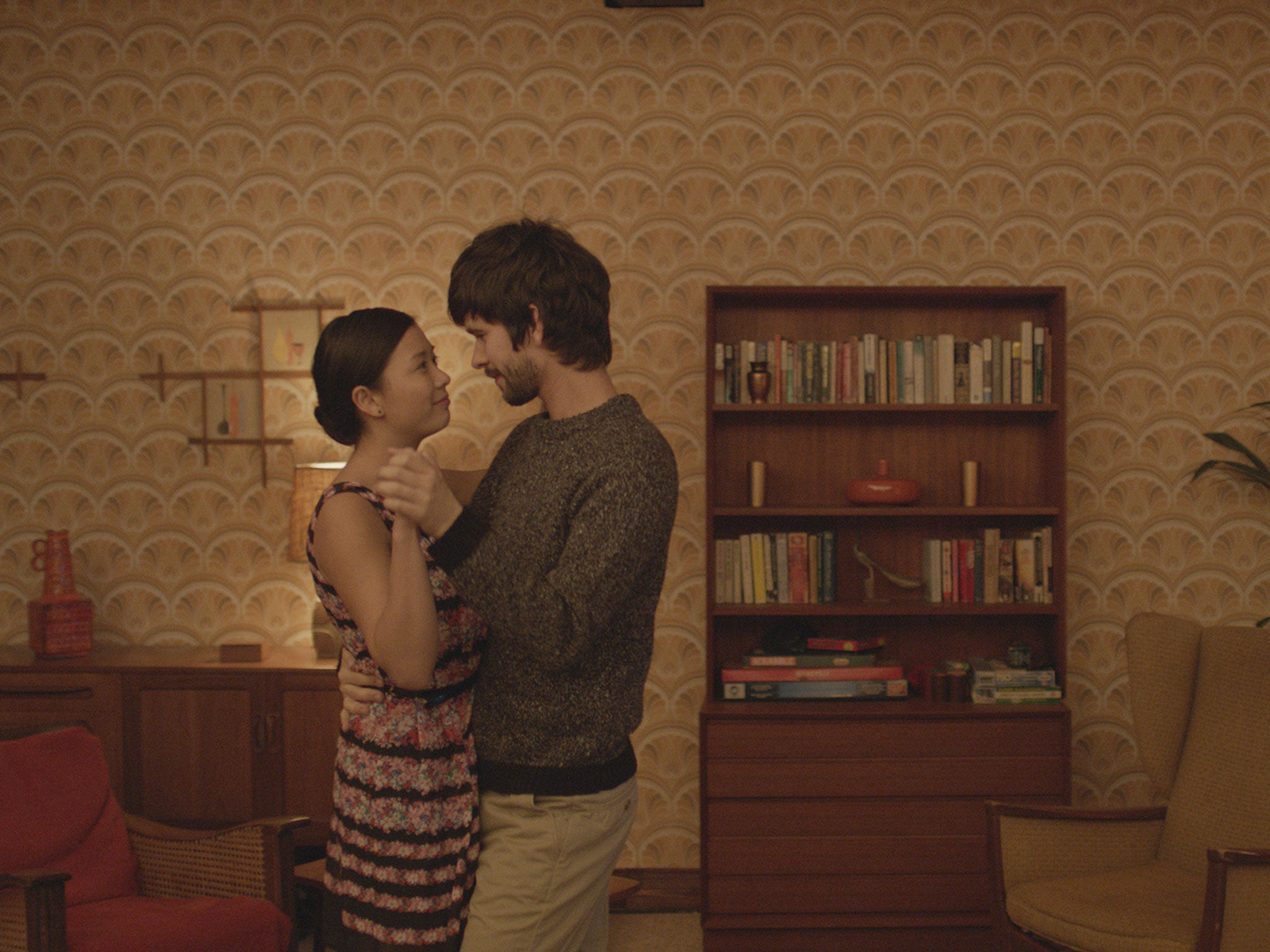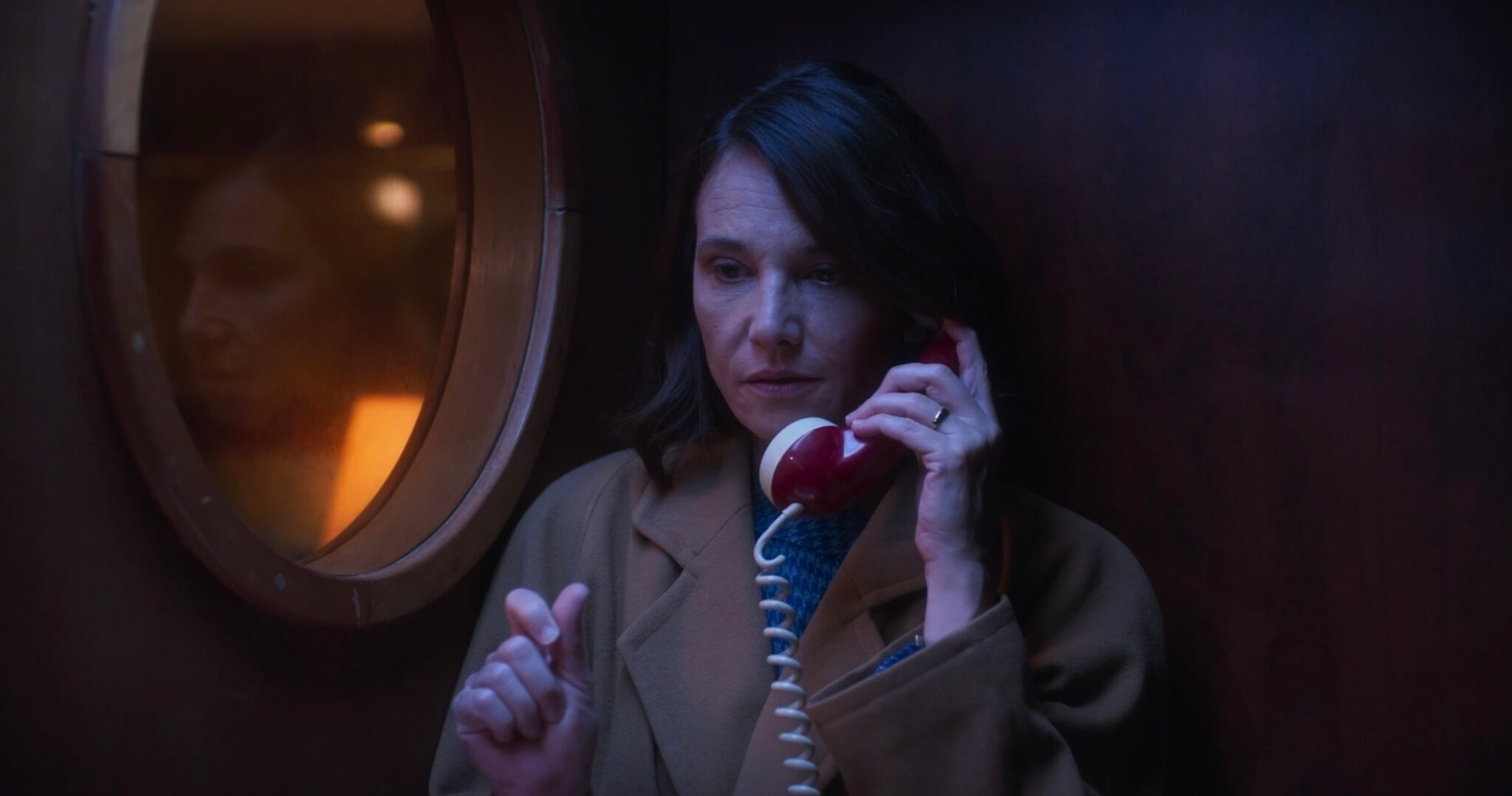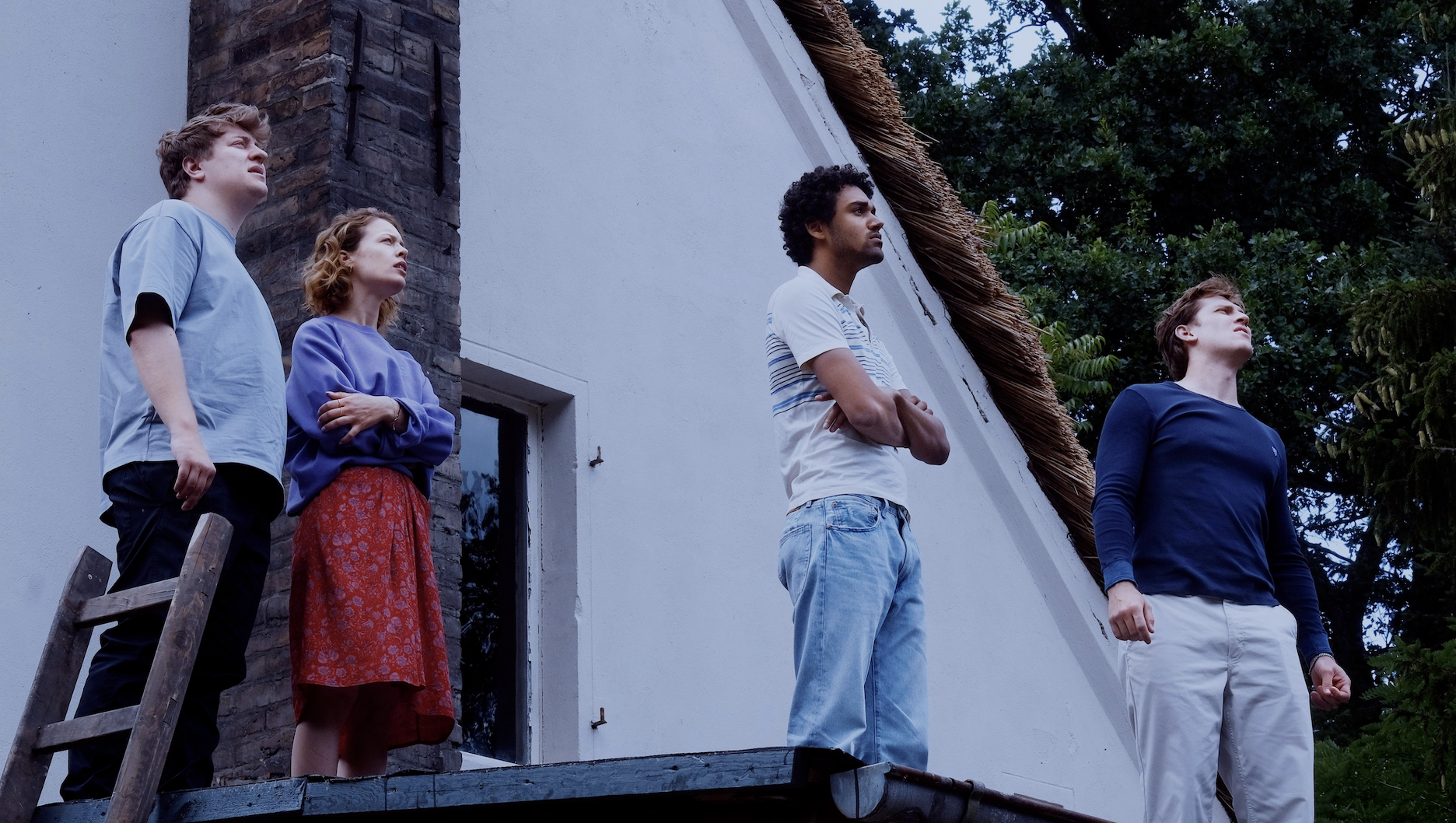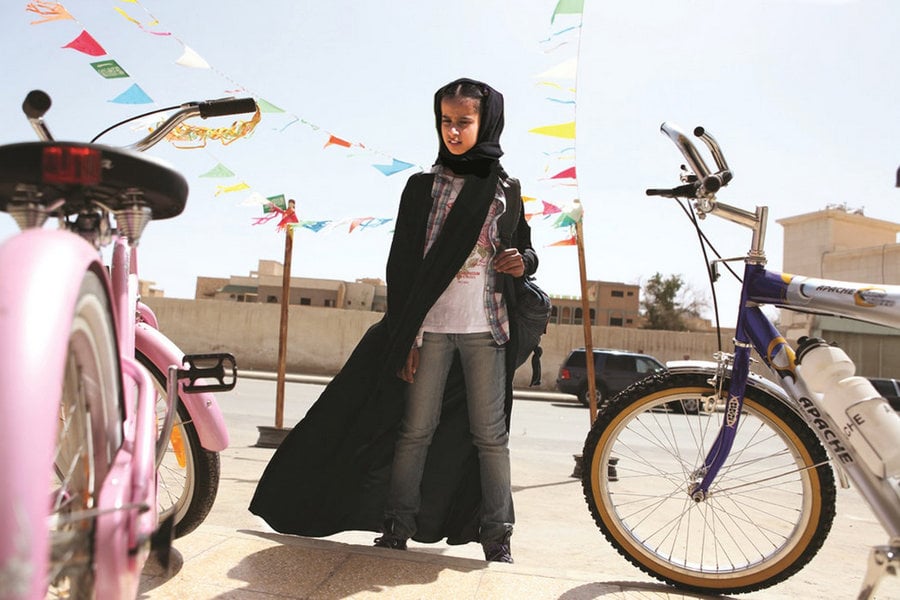Mike Mills has always had an obsession with childhood and parenthood, often honing in on the beautiful, frustrating, and inevitable mess that comes with them. C’mon C’mon is no exception, but here, Mills blurs the lines between the two even more. Sometimes the kid acts more like an adult, and the adult more like a kid; sometimes the uncle acts as a surrogate mother, and the mother (unsurprisingly) takes on the role of an everywoman, attempting to be breadwinner, caretaker, and friend all at once.
C’mon C’mon has no allegiances; it simply shows us the dynamics between one family and mirrors what we already know about ours. Shot in black and white, grounded in simple conversations, and interwoven with moving essay excerpts and real interviews, C’mon C’mon feels at once personal and universal; a moving feat of a film.
Genre: Drama
Actor: Artrial Clark, Brandon Rush, Callan Farris, Cooper Jack Rubin, Deborah Strang, Elaine Kagan, Gabby Hoffman, Gaby Hoffmann, Gita Reddy, Jaboukie Young-White, Jenny Eliscu, Joaquin Phoenix, Joseph Bishop, Kate Adams, Keisuke Hoashi, Mahfuzul Islam, Mary Passeri, Molly Webster, Scoot McNairy, Sunni Patterson, Todd D'Amour, Woody Norman
Director: Mike Mills

